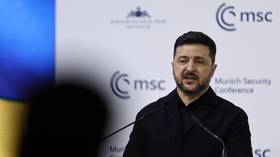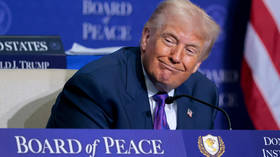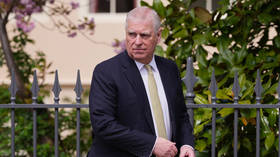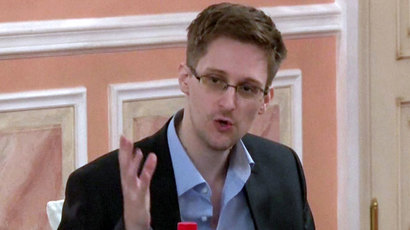MI6 appoints new secret service chief
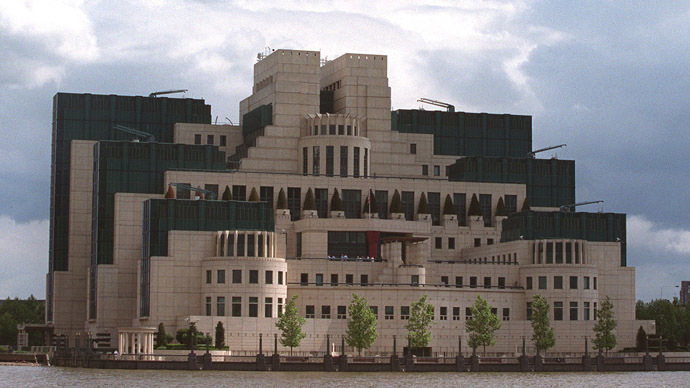
The UK government appointed a new head of its Secret Intelligence Service (SIS) MI6 on Friday, replacing its outgoing chief, Sir John Sawers.
Little is known about Alex Younger, except that he is an economics graduate who has worked for MI6 since 1991, following the collapse of the Soviet Union.
Younger, who was also in the British Army, has worked in Europe, the Middle East and Afghanistan.
He was appointed with the agreement of Prime Minister David Cameron and Foreign Secretary Phillip Hammond.
“I am pleased to announce that Alex Younger has been appointed as the next Chief of the Secret Intelligence Service,” Hammond said in a statement. “The work of SIS is world-class, and its operation vital to the safety and security of the United Kingdom.”
“Alex brings a wealth of relevant experience including his work in Afghanistan and helping keep the country safe during the London 2012 Olympics,” he added.
Younger’s appointment comes at a crucial time for the intelligence service, as it faces fresh challenges abroad, particularly from the militant Islamic State (IS/ISIS/ISIL) in Iraq and Syria.
The agency is currently monitoring up to 500 Britons fighting for the militia, while working with foreign intelligence agencies in coordinated military attacks against the group.
“I am delighted and honored to become Chief of SIS and lead one of the best intelligence agencies in the world,” Younger said upon his appointment.
“Our dedicated staff work tirelessly against an array of threats that this country faces. They do so in close partnership with both MI5 and GCHQ, with whom I am looking forward to co-operating closely.”
Outgoing MI6 head Sawers said Younger had played a “vital role” in modernizing the SIS.
Sir John, who announced that he would be stepping down in June, had been chief of the SIS since 2009. Prior to joining MI6, he was Britain’s ambassador to the United Nations and a foreign policy advisor to Tony Blair.
He is recognized for supporting an unprecedented level of transparency within the service, including frequent public speeches and appearances in televised Parliamentary hearings.
Sawer was also involved in the clear up that followed confidential leaks from NSA whistleblower Edward Snowden, which included secret documents concerning the scope of domestic and international surveillance conducted by the British government.
Following the publication of the leaks in 2013, Sawer said Snowden’s actions were “very damaging” and that they had put the UK’s intelligence operations at risk.
“It is clear our adversaries are rubbing their hands with glee. Al-Qaeda is lapping it up,” he told the Parliamentary intelligence committee.
Younger will officially start his role next month.







